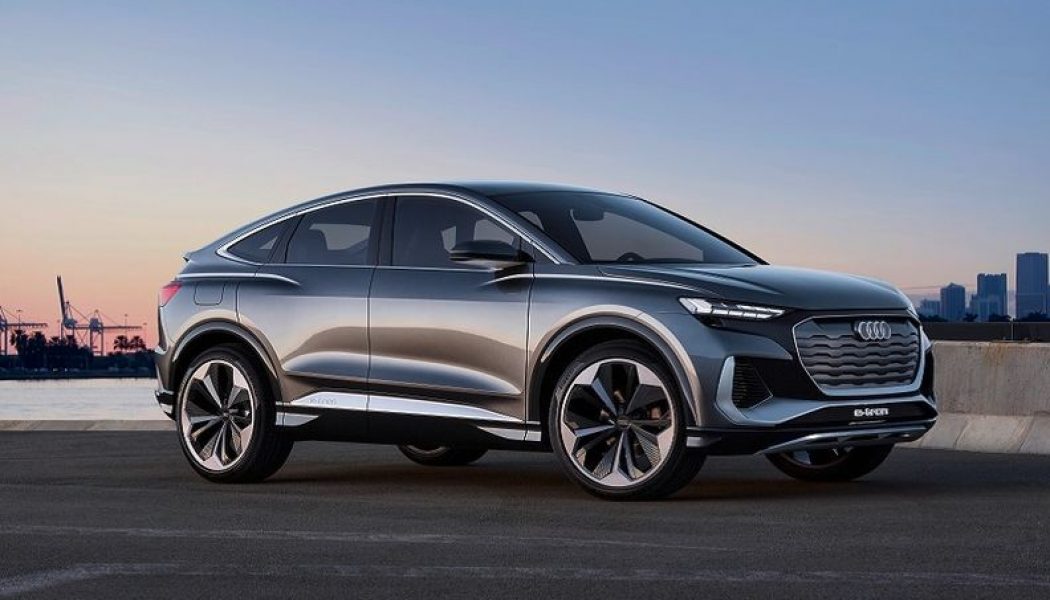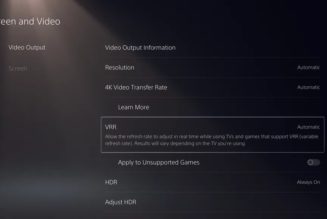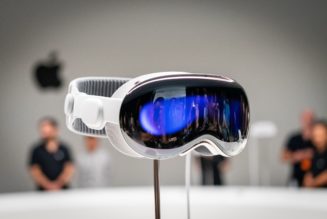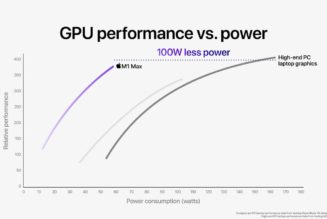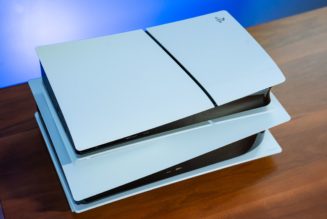Audi has unveiled concept renderings of a new “Sportback” version of the Q4 E-Tron electric SUV that it debuted last year. Meant to serve as a smaller and more affordable option to the flagship E-Tron, the Q4s are expected to go on sale in 2021 and will start at around $45,000.
The Q4 and the Q4 Sportback are “identical twins” from a technical perspective, according to Audi. As such, the Sportback version will also be powered by parent company Volkswagen’s modular “MEB” platform (an abbreviation of the German phrase for “modular electric drive matrix”) that is going to power a wide range of vehicles across multiple brands. This sets the Q4s apart from the original E-Tron and its variants, which are powered by an Audi-developed electric drivetrain.
Spec-wise, this means the Q4 Sportback will use a twin-motor setup that makes a total 225kW of power (about 300 horsepower), with those motors pulling electricity from an 82kWh battery that lasts about 450 kilometers (roughly 279 miles) on a full charge.
The difference really comes in the exterior styling of the Q4 Sportback. Its roofline flows from front to back in a more uninterrupted manner. There’s an aggressive rear spoiler and a more obvious racecar-inspired diffuser underneath the hatch door. This will all make the Sportback slightly more aerodynamically efficient, though trade-offs will come in the form of lost headroom for rear seat passengers and slightly less cargo space overall.
Audi has now shown off seven electric vehicles that will be released by the end of next year. And that is just one small section of the full volley of EVs coming from the overall Volkswagen Group, which is not even five years removed from when news of the Dieselgate scandal broke. A vehicle like the Q4 Sportback illustrates just how complete Volkswagen’s push into the electric space will be. In most ways, it’s hardly any different from the Q4 concept that Audi first teased last year, and that will likely still be true when both vehicles come to market. Volkswagen not only intends to flood the market with its MEB-powered EVs, but the company (and its brands) will also try to sell customers on smaller variations of those electric vehicles.
